Industry information
Company News
- Aluminum veneer ceiling, creating a new trend of modern home decor!
- Aluminum veneer counterattack: the 'invisible hero' of modern architecture
- Ceiling aluminum veneer, perfect combination of fashion and practicality
- The application prospects of aluminum veneer in the photovoltaic field
- Aluminum veneer: the new favorite of the construction industry, the perfect combination of fashion and practicality
Industry dynamics
- Ceiling aluminum veneer: a choice for light luxury, creating a new trend in home decor
- Circular hollow aluminum veneer adds texture and modernity to the exterior of buildings
- Aluminum veneer ceiling: a new darling of fashion and practicality
- Analysis of construction technology and precautions for aluminum veneer curtain wall
- Engineering example display of 3mm aluminum veneer
Frequently asked questions
- How to store and transport aluminum veneer correctly?
- How to extend the service life of aluminum veneer?
- How to improve the corrosion resistance of aluminum veneer?
- How to improve the sound insulation performance of aluminum veneer?
- How to choose to purchase high-quality aluminum veneer?
contact us
Mobile:+86 15627778610
Email: 2201229786
Address: No. 5 Binjiang Road, High tech Zone, Zhaoqing City, Guangdong Province
The physical and mechanical properties of aluminum veneer and its applications in different fields
- Author: Lesilong Technology (Guangdong) Co., Ltd
- Release time: February 28, 2025 10:09:17
- Click:0
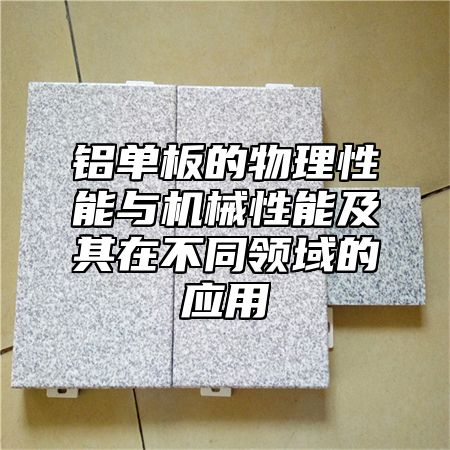
Aluminum veneerAs a new type of building material, it has the advantages of lightweight, high strength, corrosion resistance, sound insulation, etc., and is highly favored in the construction industry. The physical and mechanical properties of aluminum veneer are important factors in its application field and effectiveness. Below, we will provide a detailed introduction to the physical and mechanical properties of aluminum veneer and its applications in different fields.
The physical properties of aluminum veneer mainly include density, hardness, strength, thermal conductivity, electrical conductivity, etc. Density is an important physical performance indicator of aluminum veneer, generally between 2.0-2.8 g/cm3. Hardness refers to the ability of a material to resist external forces, and the hardness of aluminum veneer is generally between HB150-250. Strength refers to the ability of a material to withstand external forces, and the strength of aluminum veneer is generally between 70-80 MPa. Thermal conductivity refers to the ability of a material to conduct heat, and aluminum veneer has better thermal conductivity. Conductivity refers to the ability of a material to conduct electrical current, with aluminum veneer having lower conductivity.
The mechanical properties of aluminum veneer mainly include tensile strength, yield strength, elongation, etc. Tensile strength refers to the maximum load-bearing capacity of a material when subjected to tension, and the tensile strength of aluminum veneer is generally between 40-60 MPa; Yield strength refers to the minimum bearing capacity of a material when it begins to undergo plastic deformation under external force. The yield strength of aluminum veneer is generally between 30-50 MPa; Elongation refers to the ability of a material to continue extending before breaking during the stretching process, and the elongation of aluminum veneer is generally above 10%.
The application of aluminum veneer in different fields is becoming increasingly widespread. For example, in the field of architecture, aluminum veneer can be used as decorative materials for curtain walls, doors, windows, roofs, etc., with advantages such as beauty, lightweight, and easy installation; In the field of transportation, aluminum veneer can be used as a component for vehicles such as cars and airplanes, with advantages such as lightweight, high strength, and corrosion resistance; In the field of electronics, aluminum veneer can be used as the outer shell of electronic products, with advantages such as lightweight, high strength, and good conductivity.
The physical and mechanical properties of aluminum veneer are important factors in its application fields and effects. By optimizing production processes and improving product quality, the market competitiveness and market share of aluminum veneer can be further enhanced, achieving maximum investment return. Both investors and production enterprises need to closely monitor the new technologies and trends in the aluminum veneer industry, adjust their business strategies and investment directions in a timely manner, in order to seize market opportunities.

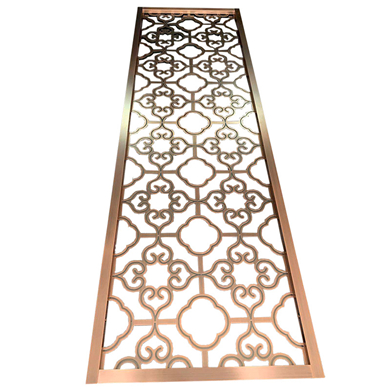

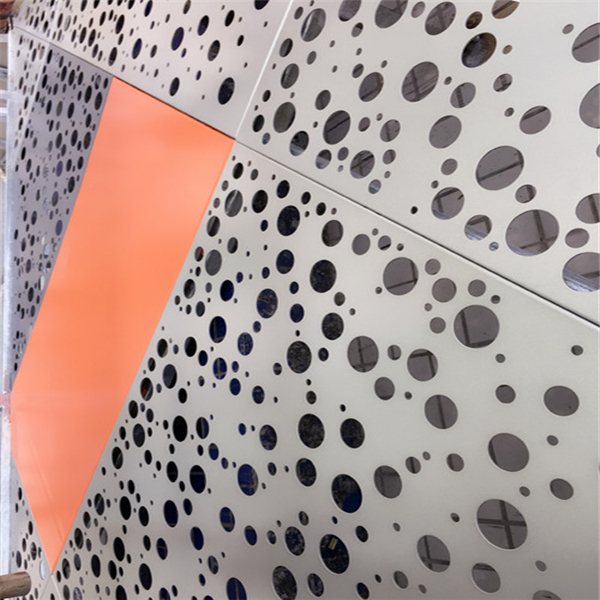
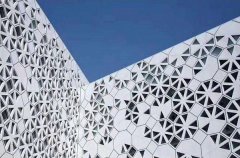

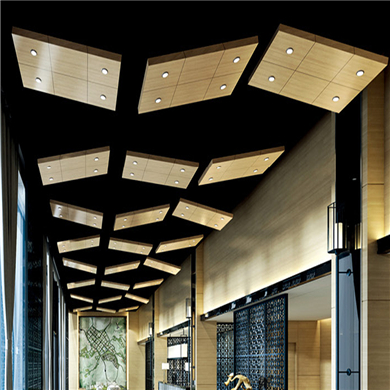
 Customer service QQ
Customer service QQ